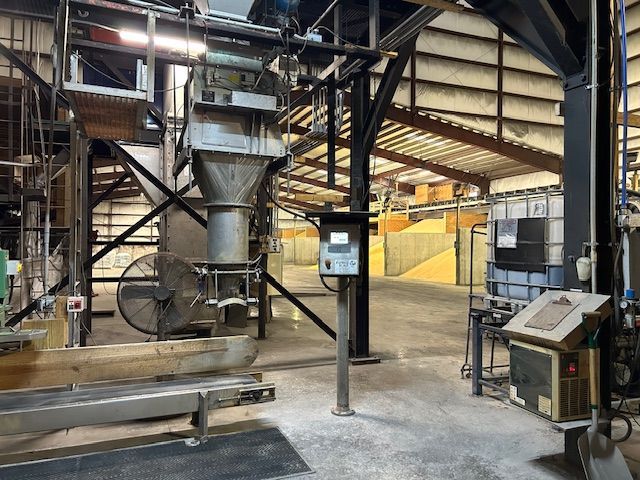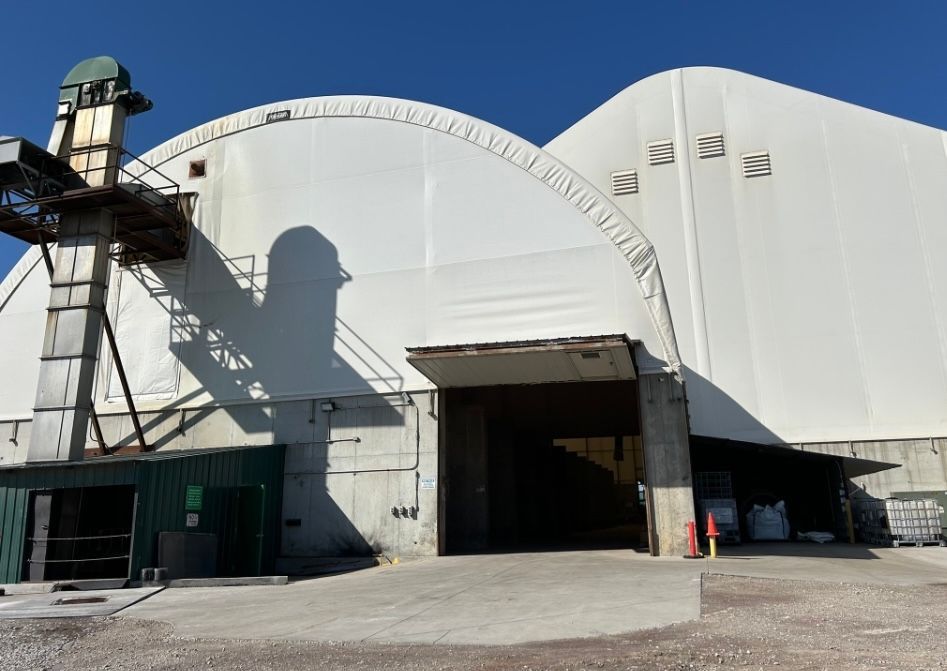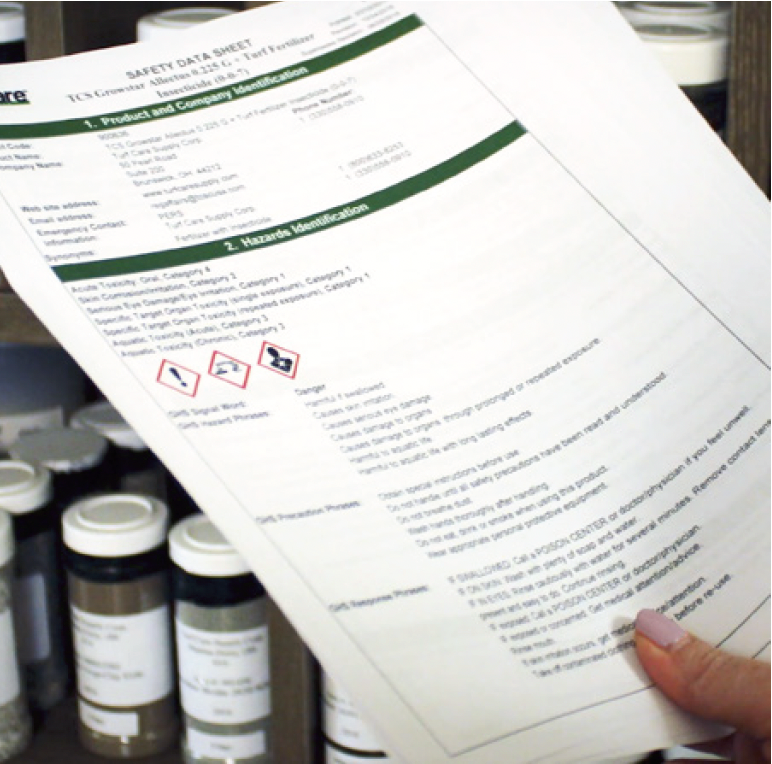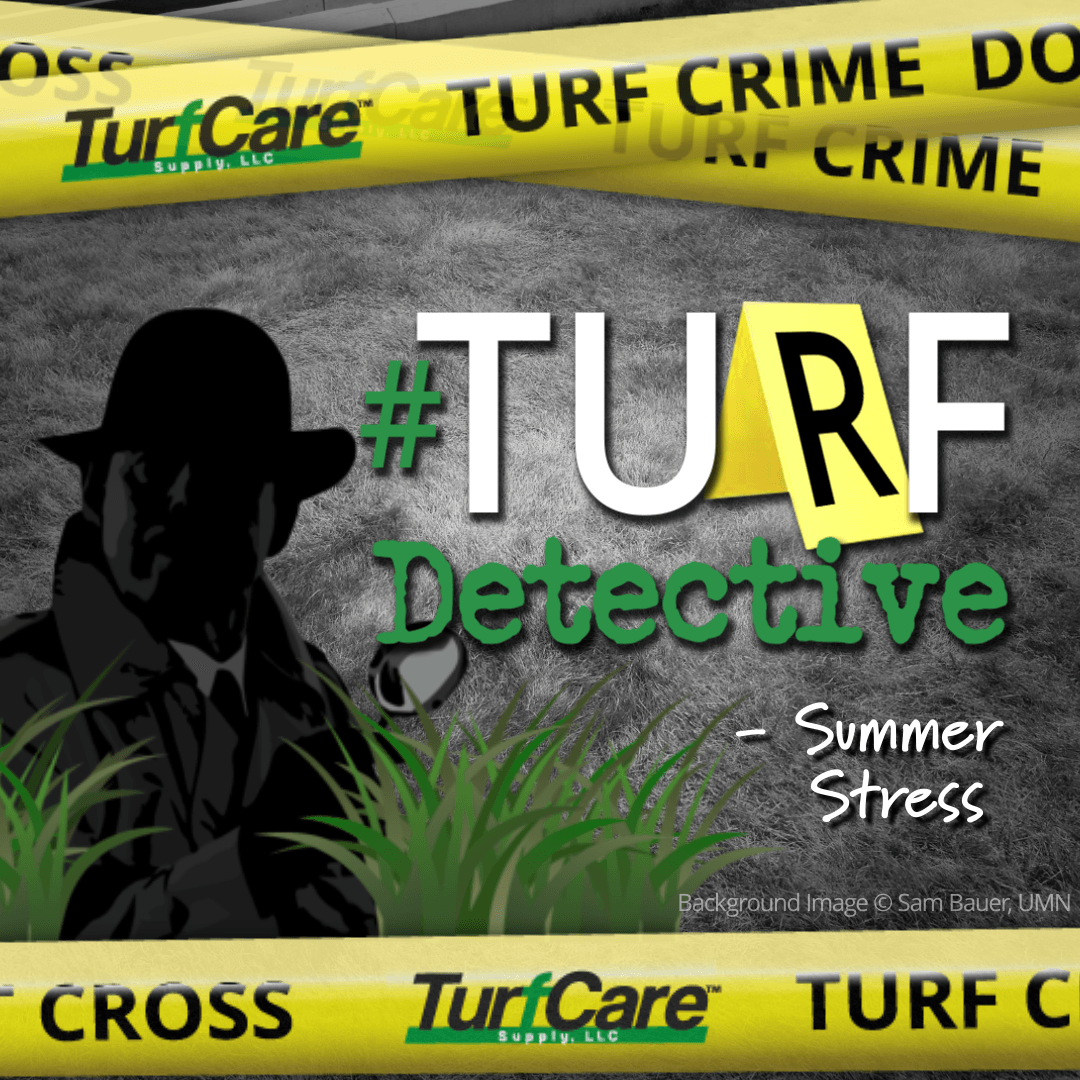Liquid vs. Granular Fertilizer
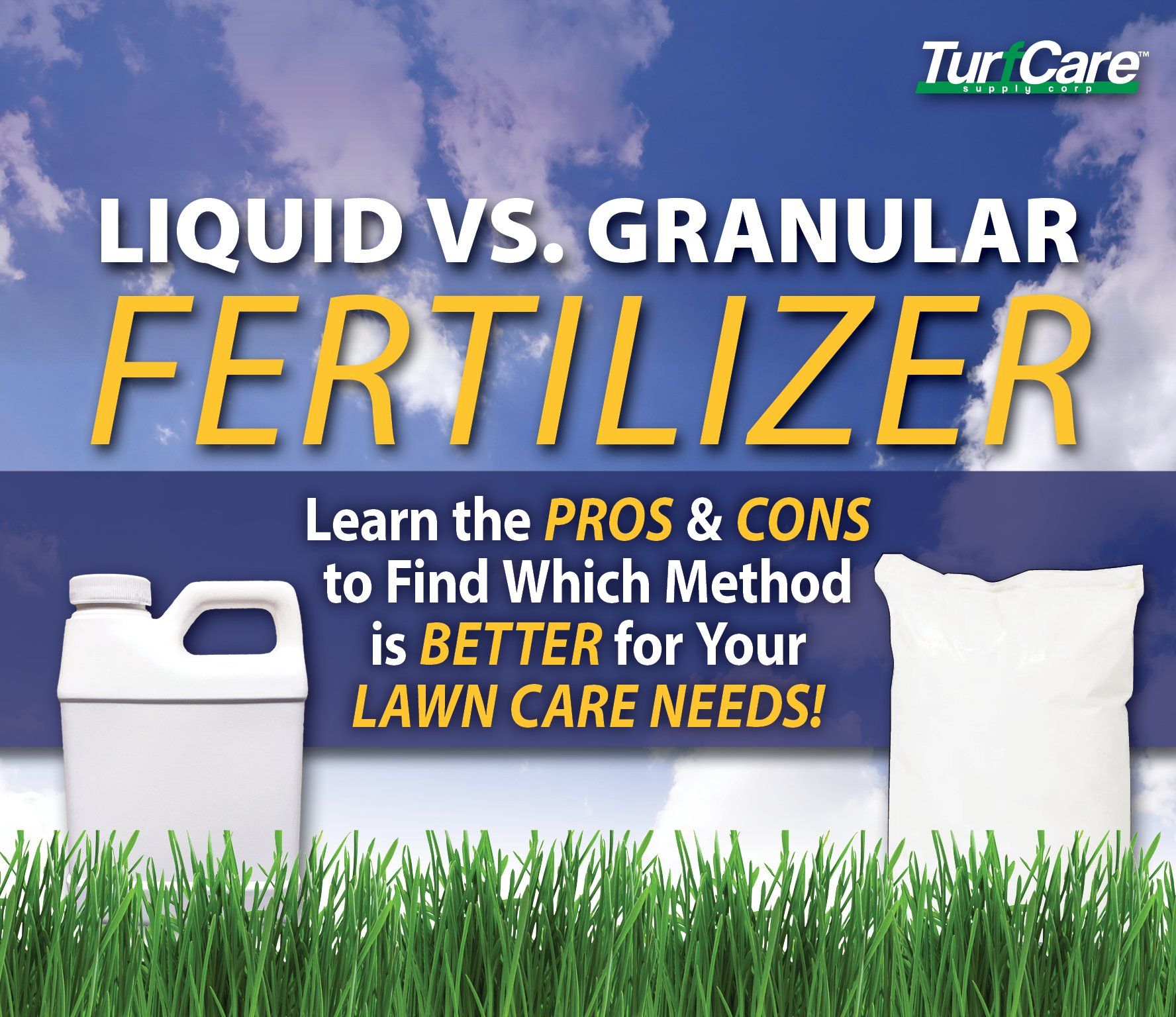
LEARN THE PROS & CONS TO FIND WHICH METHOD IS BETTER FOR YOUR LAWN CARE NEEDS!
When choosing how to fertilize a lawn, you have probably been faced with the dilemma of whether or not to use a liquid or a granular application. When it comes to treating a lawn, plants aren’t capable of telling the difference between the vehicle in which fertilizer or control products are applied, but there are pros and cons to each which are important to understand. It is helpful to review the differences prior to choosing between these types of applications to decide which will work best for you.
LIQUID FERTILIZER
Liquid fertilizers are concentrates of water-soluble synthetic chemicals or powders that contain mixes of N-P-K (Nitrogen – Phosphorus – Potassium) as well as insecticides, fungicides, weed killers, or wetting agents. Commonly used liquid lawn applicators include backpack, push sprayers or spray trucks.
PROS
- Even application, identical nutrients or control technology in every drop
- Provides a uniform application
- Nutrients become readily available to plants
- Can be ground applied or foliar applied (taken up by roots or leaves of plants)
- Foliar applications allow for fast corrections to mid-season deficiencies
- Ease of blending. Mixes well with other lawn care pesticides, other control or soil amendment technologies
- Available for both starter and in-season applications
- Phosphorus is more mobile in liquid applications
- More control over creating your own mix
- Easy clean-up
- Less chance of drift to nearby flower and shrub beds
CONS
- Fast-release technology requires frequent applications to maintain lawn health & color
- Improper mixing and application can burn turf
- More susceptible to volatilization and product loss
- Converting to liquid fertilizer equipment can be expensive
- Products can settle out over time and in regions that experiences cold weather, products can salt out (sludge-like matter that develops when the temperature of the water cools, triggering the some of the fertilizer concentrate to revert back to its solid form; causing it to clog your sprayers if not brought back to normal temperature and mixed once warmer weather returns)
- Products have a shelf life of roughly 8-10 years
GRANULAR
Granular products, also known as dry fertilizers, are blends that can be created by mixing different nutrient combinations into a desired analysis (example: N-P-K, 12-24-10) as well as be treated with a variety of control technologies for desired results. A rotary or broadcast spreader typically applies granular lawn care products.
PROS
- Option of customizing/fine-tuning a lawn care fertility program
- Slow release options are more readily available and allow for less applications needed (great for continued feedings during stressful times of heat and drought), allowing results to last much longer
- Product analyses can be easily changed or substituted to fit specific needs
- More efficient for pre-plant applications
- Cheaper when purchased in bulk
- Does not “go bad” if stored properly
- Easy to store
- It can also be seen on the lawn so you can tell where the product has been applied
CONS
- Inappropriate application can lead to burning of turf
- Applications may require clean-up (sweeping up extra fertilizer off of paved surfaces) and may drift into flowers or shrubs
- Individual nutrient components in every granule, can lead to non-uniform amount of nutrients distributed if not applied correctly
- Immobile nutrients like phosphorus remained locked up in the soil since they can’t be carried like liquid in water
- High salt content that can lead roots to steering away from the nutrients if applied incorrectly
In conclusion, although liquid and granular fertilizer application methods have their differences, you can choose one or the other or find a balance of using both during the growing season to create a program that enhances a lawns health and works best for you.
- NOTE: No matter the process of application, read ALL label instructions before applying product to a lawn to prevent inappropriate methods of applying fertilizer that may cause damage or burning of turf.
Turf Care Supply Corp does not recommend one vehicle of application for fertilizer over another. We recommend you consider your lawn care goals and how they correlate to ease and convenience of application, costs, and potential plant response when making fertilizer application choices.
For professional fertilizers, humic and AMP-XC™ enriched products available, please visit TurfCare’s online Product Catalog.
For green industry professionals or others interested in ordering Turfcare products, please contact our Customer Service to find a distributor near you.
The TURFReport Highlights:
Additional Articles and Insights

